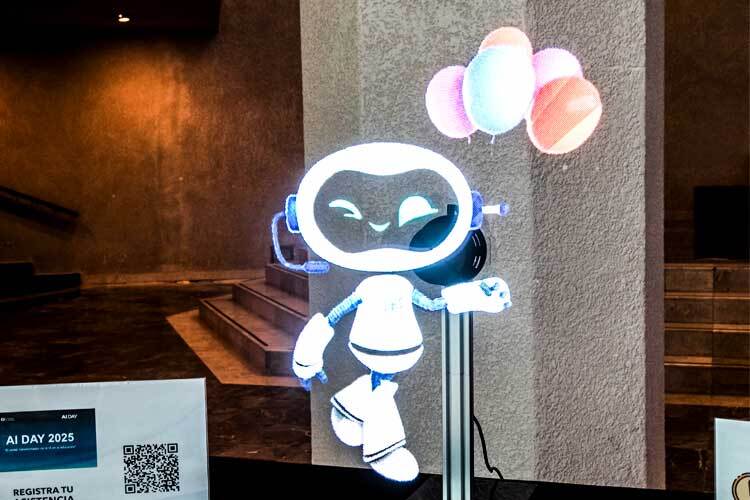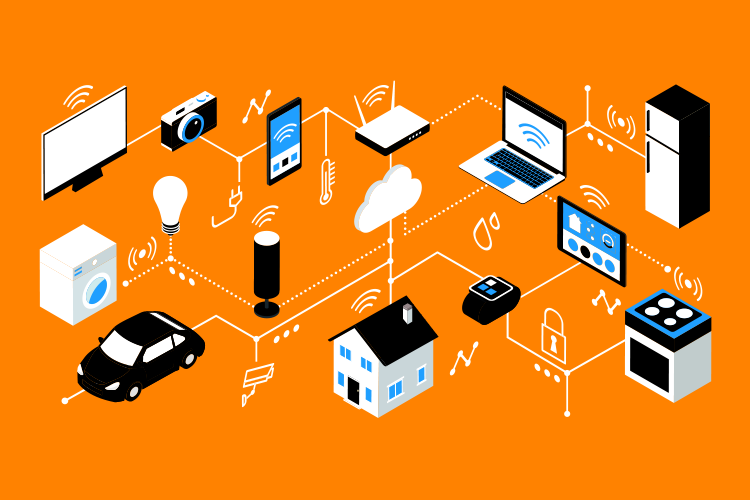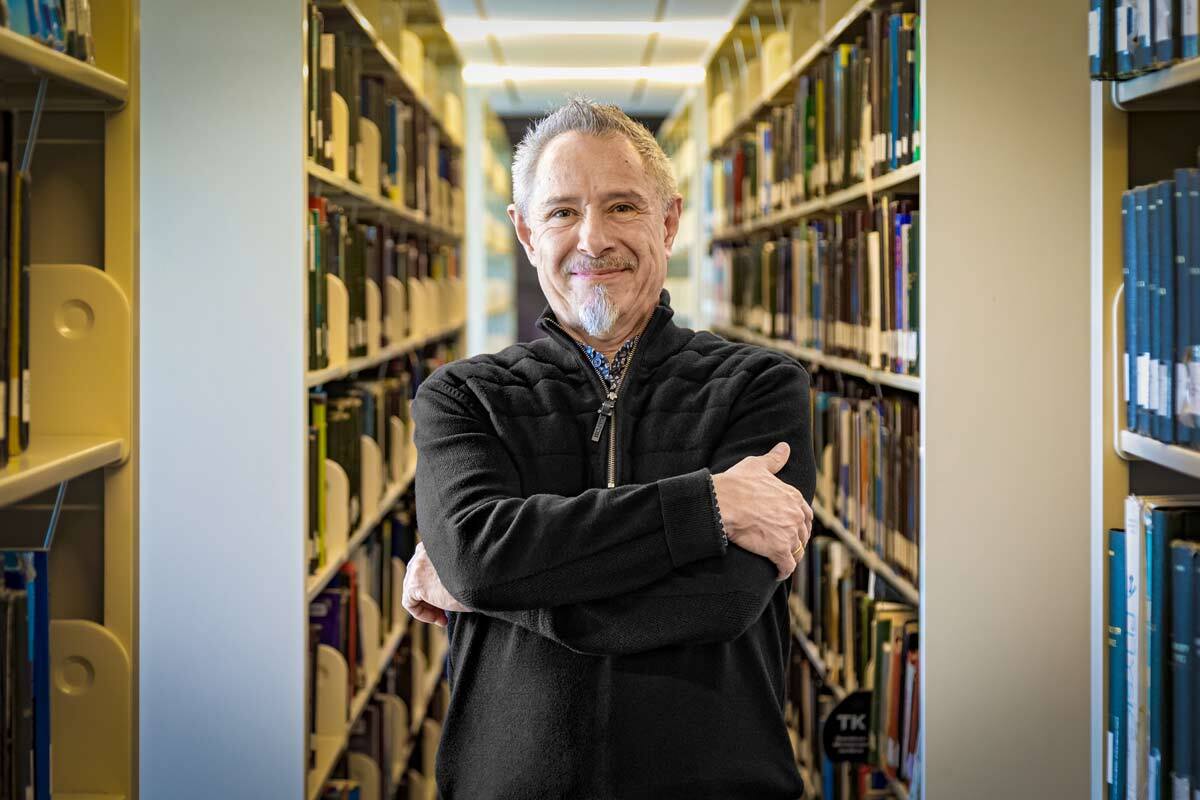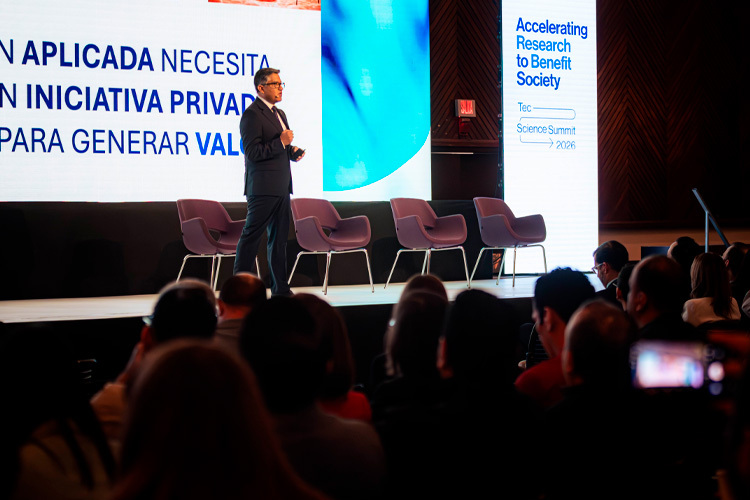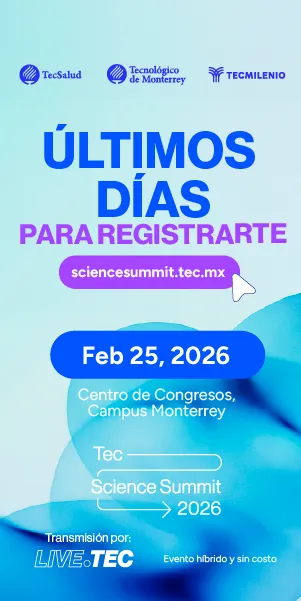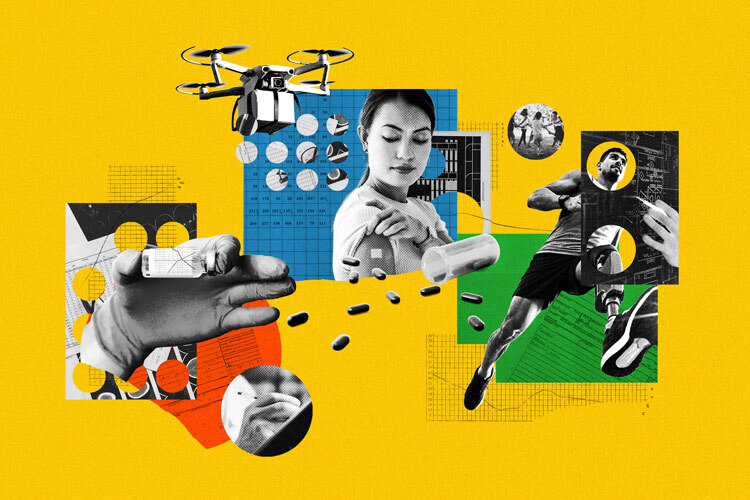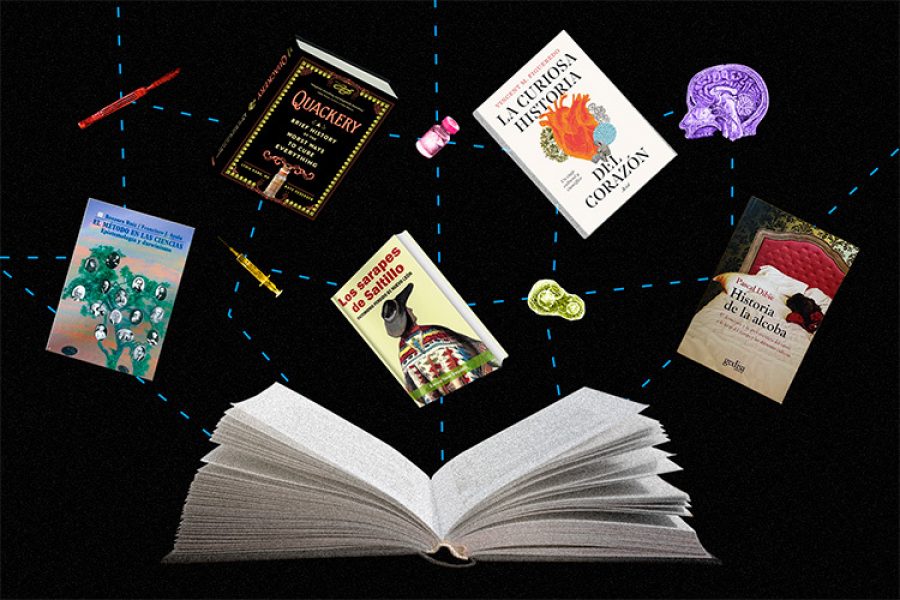Artificial Intelligence (AI) could help college professors carve out more time for teaching. Bruce Thompson, Head of Americas at Microsoft Education, explained during his talk at AI Day 2025 hosted by Tec de Monterrey that new AI-powered tools can save faculty valuable time when it comes to planning.
Thompson delivered the lecture Practical Applications of AI in Education, where he pointed out that currently, 72% of employees in education report lacking the time and energy to do their jobs effectively. What’s more, nearly 77% said they’d be open to letting AI handle a significant portion of their workload.
“You can imagine repetitive tasks that go with teaching, that go with learning, that can be removed or can be done by AI,” he said. “When these technologies are integrated into institutions, the return on investment can reach up to three and a half times.”
Some of the areas already benefiting from AI include fraud detection, cybersecurity, automation of IT and administrative tasks, delivery of educational content, and student support services.
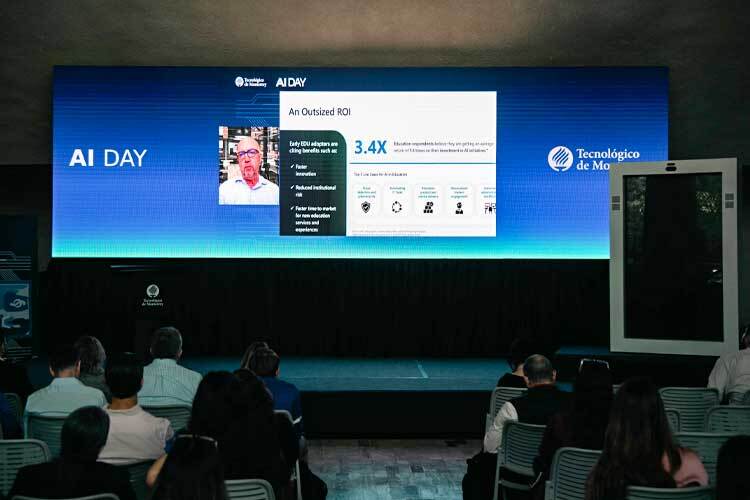
The Scientific Use of AI
Thompson noted that AI has a wide range of applications that universities can roll out at different levels — from answering students’ questions and providing academic support and tutoring, to helping design projects and even transforming the entire research ecosystem with scientific tools available to institutions.
He highlighted the case of a tutoring robot launched by the University of Michigan, which had a measurable impact on student performance. Grades improved by 7%.
“This happened because students were actually learning. They could ask questions whenever they needed to, without feeling embarrassed for not knowing the answer,” Thompson explained. “It gave them the ability and the confidence to learn at their own pace.”
Thompson also pointed to TECgpt as an example — the Tec’s proprietary AI platform developed using Microsoft products and services like Copilot Studio and Azure OpenAI. The platform allows the use of agents and assistants powered by both institutional databases and public information to offer AI-driven services and experiences to different users within the university community.
With tools like these, he added, AI can be democratized across university campuses, with practical applications for student services, academic support, and research activities that can help streamline processes and ease workloads.
For instance, in the field of research, AI can speed up and simplify tasks such as analyzing data, developing hypotheses, searching for previous studies on a topic, analyzing trends, and creating comparison tables. Throughout this process, AI can organize and compare data, generate visualizations, calculate statistical differences, and even draft results — turning what used to take weeks or days into something achievable in just a few hours or minutes.
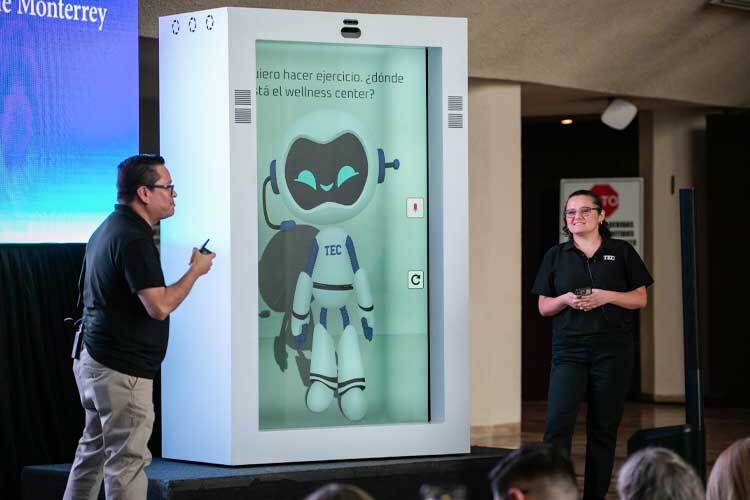
Universities Stepping Into the AI Era
According to the 2023 Work Trend Index, the skills required in the age of AI include analytical judgment, flexibility, emotional intelligence, creative evaluation, intellectual curiosity, the ability to detect and manage biases, and AI delegation skills (prompt engineering). Companies like Microsoft are actively looking for these competencies, which can be developed with the support of higher education institutions.
Thompson emphasized the need for universities to promote a culture of AI literacy and skills—not only encouraging students and faculty to become familiar with AI but also ensuring the entire organization learns how to leverage these technologies effectively and is ready for the coming transformation.
He also stressed the importance of universities preparing their data assets for AI—using tools like Azure—and developing a clear strategy for using them. In addition, institutions should design smart application experiences powered by AI and evaluate their potential use cases.
“What’s coming is a shift where workloads and information begin to be shared across departments, with agents working together. Everything will be managed and delivered through these agents, and everything will be connected to administration and faculty — we call this an agent ecosystem,” he explained.
The speaker noted that in the coming years, AI solutions will become more stable and reliable, leading to better virtual tutors, semi-automated repetitive tasks, and increased opportunities for self-directed learning—for example, to better support neurodiverse students and those with special needs. This will also help improve access to education and promote greater equity.
He also pointed out that for this success to materialize, it’s essential to focus on how prompts are designed and understood. At the same time, he stressed that AI will not replace teachers, as it cannot replicate the empathy, leadership, and guidance that only a human educator can bring to the classroom. Instead, this technology will serve as an assistant to enhance their educational work.
Tec de Monterrey’s Push for AI Innovation
Tec de Monterrey is one of the institutions that has embraced AI to offer new services and support to its community through various tools and platforms, such as TECgpt. The university showcased its progress during AI Day 2025 at its Monterrey campus.
Carles Abarca, Vice President of Digital Transformation, discussed this evolution and shared some of the future goals for the TECgpt ecosystem, including an initiative to make its generative AI model available to other higher education institutions.
“It’s a great source of pride that Tec, true to its tradition, continues to lead the way in these kinds of technological revolutions. This time, Tec is playing the role it should in the AI space,” Abarca said. “We’ve been able to find ways to use AI that best fit our institution.”
During the event, Tec unveiled a new version of the TECgpt Portal, a platform where faculty and staff can safely and privately use generative AI. The portal now includes new components such as Skill Studio, allowing teachers, researchers, and staff to design skills or applications based on prompts to automate tasks and boost productivity. It also features Agent Studio, a tool for creating AI agents that can be assigned personalities, connected to personalized information, and linked to external services.
Additionally, the event showcased an updated version of TECbot, the university’s virtual assistant, which now sports a 3D design and can provide support through a holographic system that integrates cameras and voice recognition to serve the Tec community.
Did you find this story interesting? Would you like to publish it? Contact our content editor to learn more at marianaleonm@tec.mx
